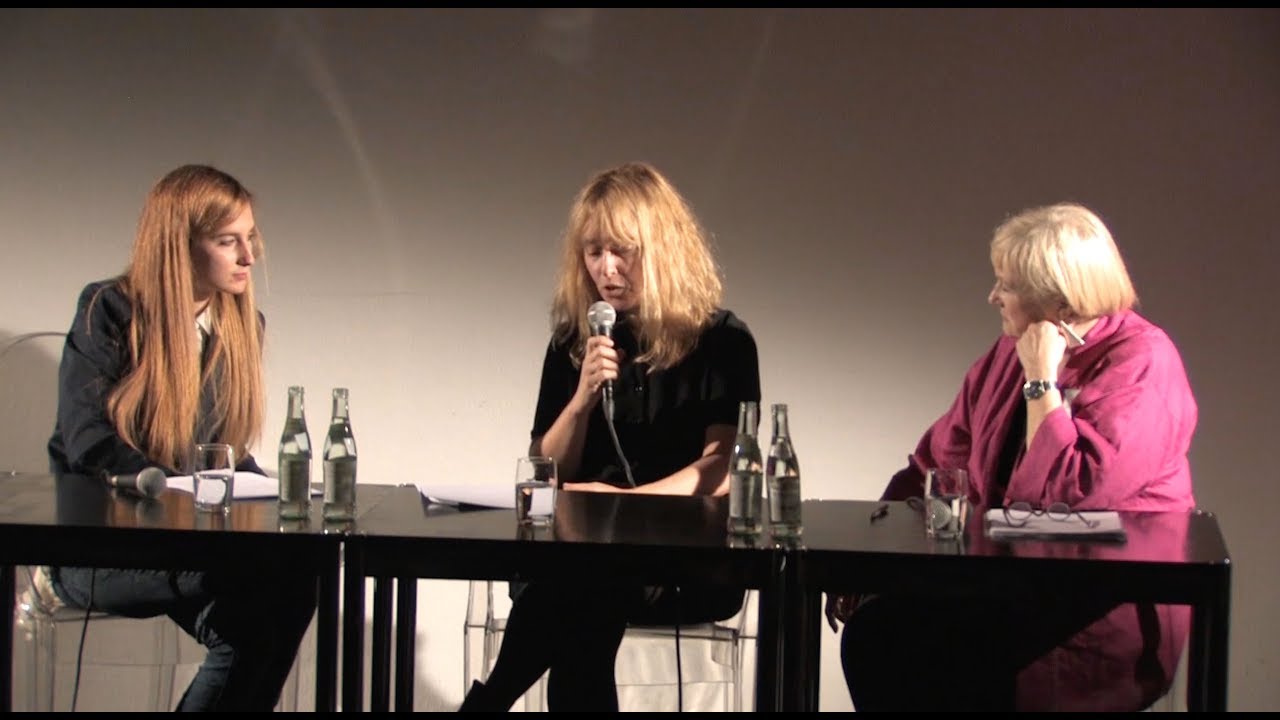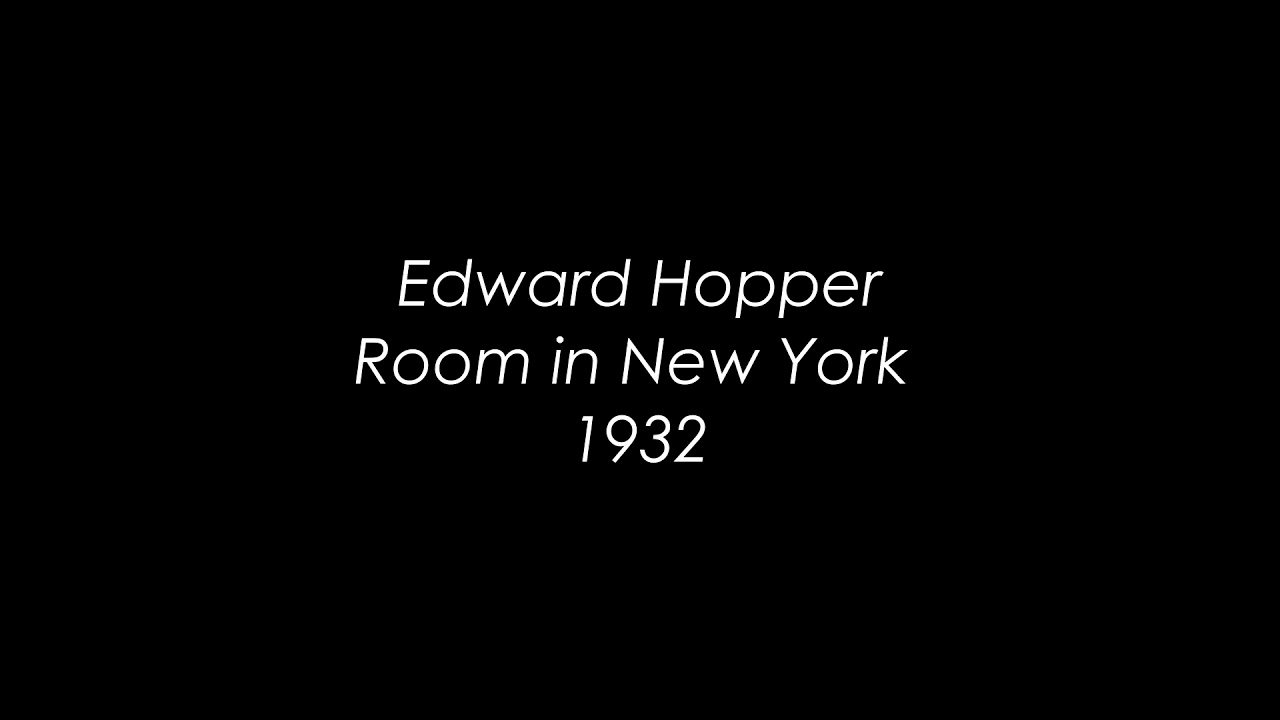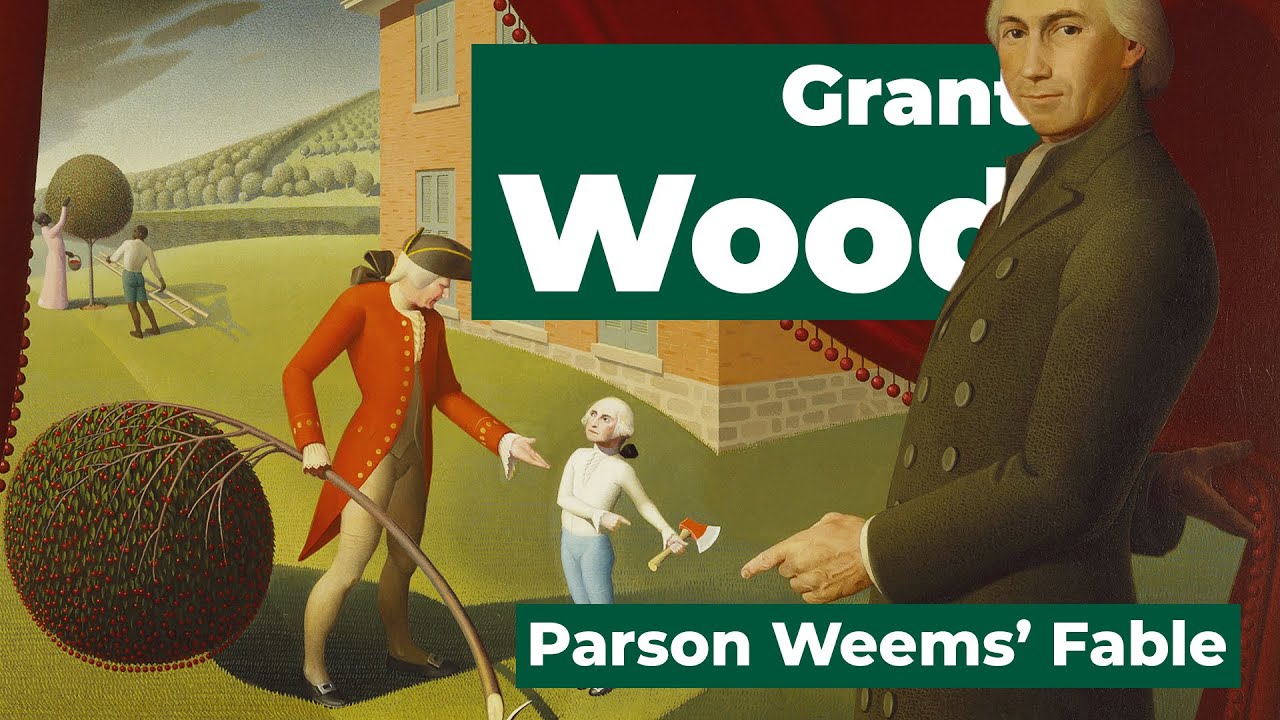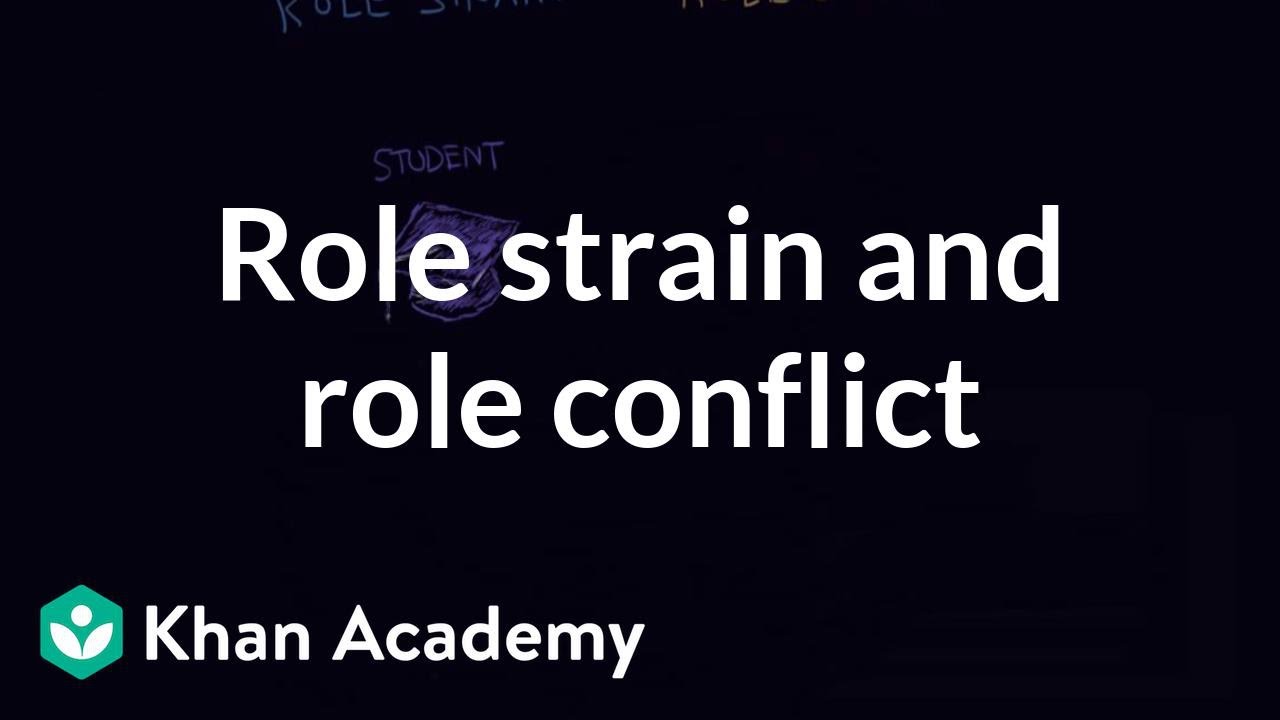Haus der Kunst
Feminism and Art theory now
With Griselda Pollock and Angela Dimitrakaki, moderated by Lara Demori
Lectures and Panel discussion
Program
6.00 pm
Welcome by Ulrich Wilmes
6.15 pm
Introduction by Lara Demori
6.30 pm
Griselda Pollock
Lecture: “Action, Activism and Art and/as Thought: A dialogue with the artworking of Sonia Khurana and Sutapa Biswas and the political theory of Hannah Arendt.”
7.00 pm
Angela Dimitrakaki
Lecture: “Feminism and the Critique of the Political Economy of Art”
7.30 pm
Panel Discussion with Grisleda Pollock and Angela Dimitrakaki, moderated by Lara Demori.
In 1971, Linda Nochlin published the ground-breaking essay ‘Why Have There Been No Great Women Artists?’; she analysed how gender influenced the production and reception of art, investigating the predominance of white male artists in the Western art world and the status of women artists whom have been historically prevented from gaining an equal education and developing their talent. Both Nochlin and Griselda Pollock have further questioned the label of ‘Genius’ as constantly associated to white male artists, unfolding the privileges inherent to the use of this terminology.
In mid-eighties scholars like Audre Lorde and Bell Hooks addressed the absence of women of colour in feminist art discourses, calling for the importance of intersectionality in such discussions. Likewise Chandra Talpade Mohanty, Gayatri Spivak, and Gloria E. Anzaldúa among others advocated for a more comprehensive feminist analysis, capable of taking into account women from postcolonial countries, doubly colonized by both imperial and patriarchal ideologies.
Current state of feminist criticism appears as crossed by different narratives, to the point that Pollock compares the relation between third wave and second wave feminism as the one between the ‘mother’ and the ‘envious daughter’ – understood in Oedipal terms. She therefore observes: ‘To create transregional democratic space for the continuing virtuality of feminism, we need historical understanding of feminism itself that is different from the currently fracturing caricature of generations at war and waves of novelty’. On this matter, recent literature (Dimitrakaki, Lloyd) exploring approaches to social reproduction in art history has challenged the presence of multiple feminisms ‘to invite some sort of compromise, some sort of accommodation of the diversity of positions in order to forge inclusivity’.
Coinciding with the exhibition ‘Kiki Smith: Procession’ – whose art often focuses on a visceral and almost disturbed representation of biblical or mythological heroines – this talk aims to put in conversation different generations of feminist art historians discussing contemporary approaches of feminist art criticism and its relation to the ‘story’ of feminism and feminist art itself.
Current state of feminism criticism appears as crossed by different narratives -‘waves’ – that contributed to the creation of multiple feminisms, sometimes sharing difficult relations with one another. Following from these premises, this talks aims to put in conversation different generations of feminist art historians discussing contemporary approaches to feminist art criticism and its relation to the history of feminism itself.
Source




yuk